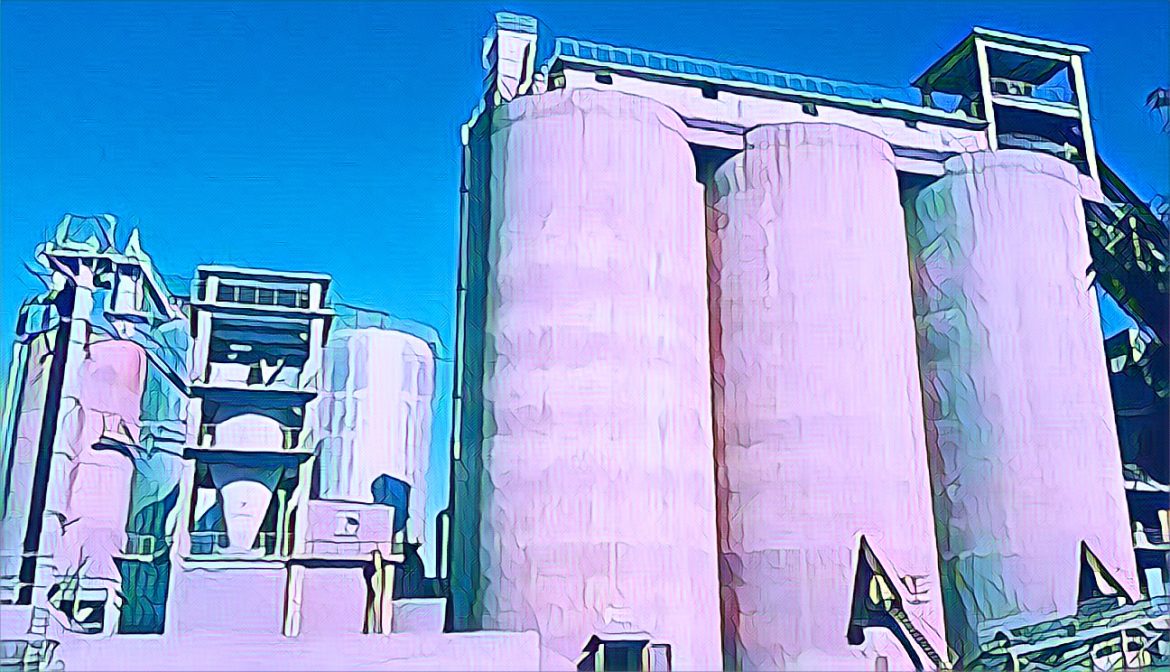Zimbabwe, Africa’s leading tobacco producer, embarked on its annual tobacco-selling season amidst daunting challenges. The nation faces a stark reduction in both the harvest quantity and quality of its tobacco crop, a consequence directly attributed to the harsh impacts of climate change, exacerbated by the El Niño weather pattern. This unfortunate turn of events was highlighted during the season’s opening in Harare, where Patrick Devenish, the chairman of the Tobacco Industry Marketing Board, disclosed a projected plummet in production from the preceding year’s record high of 296 million kilograms (326,000 tons) to an estimated 235 million kilograms (259,000 tons) for the current season.
Zimbabwe’s tobacco industry is predominantly sustained by small-scale farmers, who are particularly susceptible to the vagaries of weather, relying heavily on rainfall for their crop. The expected downturn in production is not just a reflection of reduced harvest volumes but also anticipated declines in crop quality, posing significant challenges to a sector that is a major foreign currency earner for the country, alongside other minerals like gold. In 2023, the nation celebrated a record $1.2 billion from tobacco exports, marking a significant increase from $975 million in 2022, according to the TIMB. However, this year’s projections cast a shadow over the continuity of such economic milestones.
Agriculture Minister Anxious Masuka emphasized the vulnerability of the country’s production framework, pointing out that about 75% of the tobacco crop is produced by small-scale farmers who lack the infrastructure and technology to mitigate the effects of adverse weather conditions. Zimbabwe’s struggle with drought is not isolated, as it mirrors broader climatic challenges faced by its southern African neighbors, compounded by the global crisis of climate change and the specific impact of El Niño.
The trajectory of Zimbabwe’s tobacco production has been a rollercoaster, with numbers falling drastically from about 240 million kilograms (265,000 tons) in 1998 to less than 50 million kilograms (60,000 tons) a decade later, following the displacement of several thousand white farmers who were the backbone of the industry. Nevertheless, the country managed a remarkable rebound, with last year’s harvest positioning Zimbabwe among the world’s top 10 tobacco exporters, a list that includes giants like China, India, Brazil, the United States, and Indonesia.
The resurgence of Zimbabwe’s tobacco industry owes much to the introduction of a grower contract system by the state-owned China National Tobacco Corp., the world’s largest cigarette producer. This system has enabled the provision of seeds, fertilizers, and other essential inputs to Black farmers, who now dominate the industry. However, this arrangement has also introduced a cycle of debt among farmers, with approximately 95% of the crop being financed through such contracts.
Despite ambitious government plans to elevate the harvest to 300 million kilograms (330,000 tons) by the end of 2025, current climatic adversities have dampened expectations, casting doubt on the feasibility of such targets. The voice of the small-scale farmer, represented by George Seremwe, president of the Zimbabwe Tobacco Growers Association, echoes the sentiment of a sector under siege, predicting significant financial losses due to the ongoing drought.
The personal account of Likephone Makii, a tobacco farmer from Madziwa, paints a vivid picture of the challenges on the ground. Accustomed to harvesting 6,000-7,000 kilograms (6.6-7.7 tons) from his two-hectare plot, Makii now faces the grim reality of halving his usual yield due to inadequate rainfall. His story is not unique but is a testament to the widespread impact of the current climatic conditions on tobacco farmers across Zimbabwe, many of whom depend solely on this crop for their livelihood.
As Zimbabwe grapples with the implications of reduced tobacco production, the ripple effects extend beyond the economic to encompass food security and the well-being of millions who rely on agriculture for their survival. The narrative unfolding in Zimbabwe serves as a poignant reminder of the urgent need for adaptive strategies and sustainable practices to safeguard the future of tobacco farming and the broader agricultural sector against the backdrop of an ever-changing climate.
Source: African News


